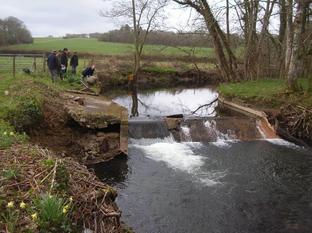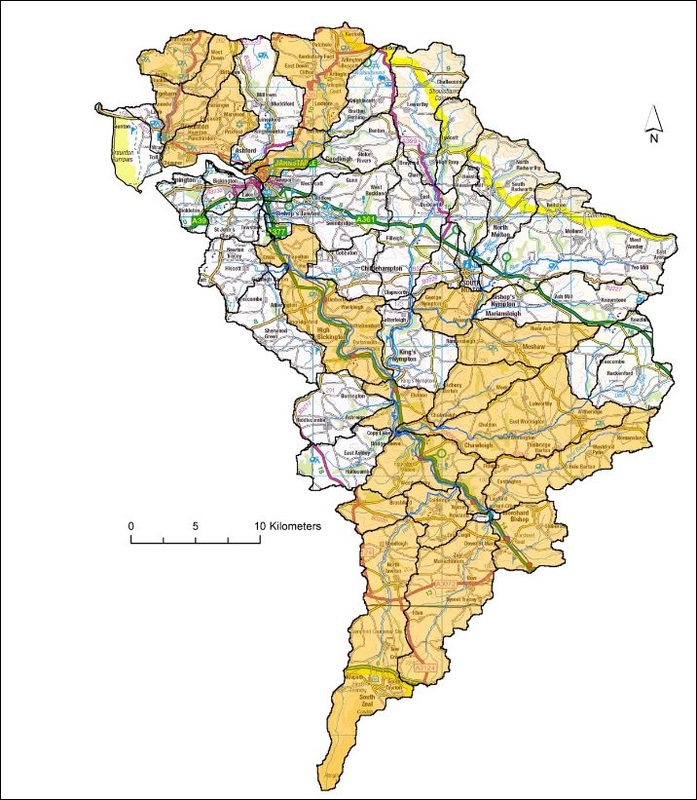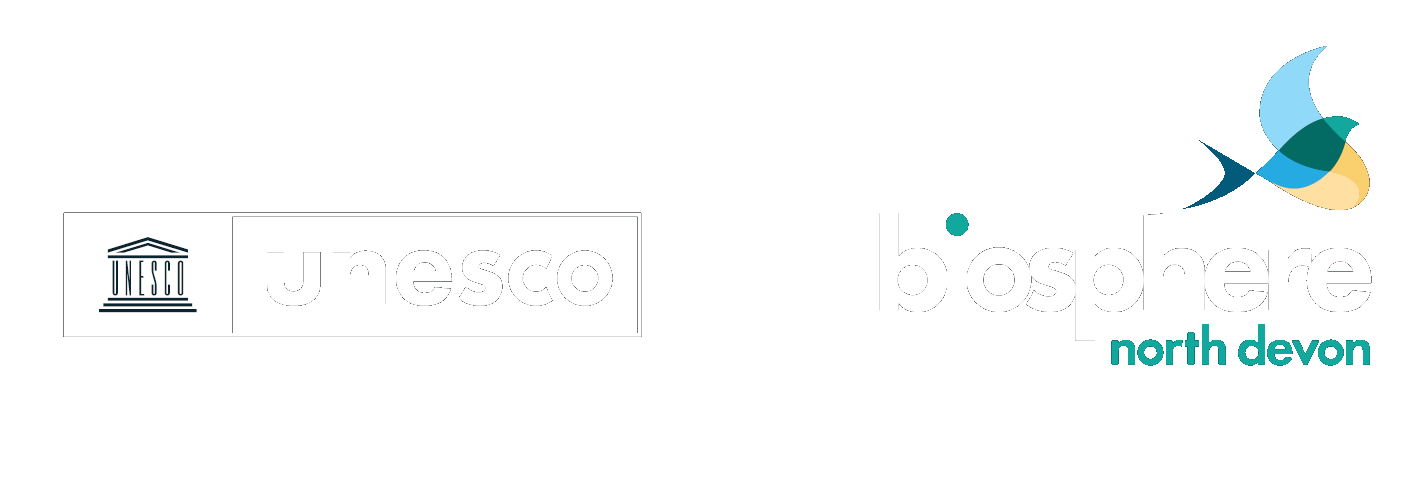|
|
Welcome to the biosphere sidebar! |
|
The sidebar is always accessible for you to get in touch, start a conversation or connect with us via social media or our newsletter.
|
Sign our Nature Recovery Plan
|
Become a VIP!
|
Dont forget to follow us on social media too!






